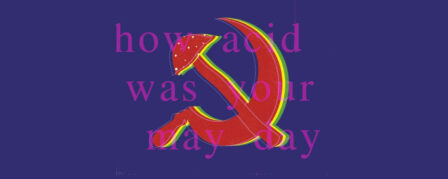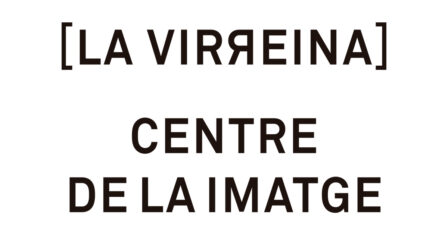Be wary of chemical mercy with Marta Echaves and Jara Rocha

In the framework of Jara Rocha’s LaaS (Life as a Service) project as Hangar Fellow, Marta Echaves presents the continuation of her research on the configurations of the contemporary chemical-labour experience.
SaaS (Software as a Service) is a business model under which a company develops a software product and makes it available to customers online. The software is hosted in the cloud and whoever uses it accesses it remotely through a subscription (monthly, annual, etc.). The “cloud” is built on deeply extractive, exploitative and exclusive log(ist)ics. In political-aesthetic terms, it is a regime that prescribes what is feasible and thinkable, flattens and standardizes the most everyday experience, stiffens the material conditions of possibility in the sharing of experience with technology, and imposes conditions of subjectivity and logistically mediated coexistence. In labour terms, this regime performs a trans-scalar occupation of the present relational modes in a precarious complex mineral-molecular medium.
The research project Working Dead. Scenarios of Post-Work, promoted by La Virreina Centre de la Imatge and coordinated by María Ruido, Antonio Gómez Villar and Marta Echaves, started in 2017. The book that was published as a result of the project included an essay by Marta Echaves, “Confiad en la piedad química” (Trust in Chemical Mercy), in which she explored the relationship between subjectivity, biochemistry and labour regimes, historicizing the transformations shown in recent decades by the strong imbrication between the disciplining of the worker’s body, the medicalization of life and the pharmacologization of discomforts. On this occasion, reviewing the hypotheses presented in the text, she will speculate on how the appearance in recent years of a series of technological, cultural and political factors heralds the arrival of a technomedicocracy that, using the rhetoric of the “good health” of workers, augurs the appearance of new mechanisms of labour exploitation and modelling of subjectivities.
Marta Echaves Martín is a researcher and programmer. She works at the intersection between writing, historiographical research and artistic practice. She studied philosophy at the Universidad Autónoma de Madrid and the Independent Studies Programme of the Museu d’Art Contemporani de Barcelona and the Universitat Autònoma de Barcelona. In addition, she curates activities for the publishing house Caja Negra. Her projects are carried out in different formats and aim to revisit images and metaphors associated with specific epochal contexts traversed by violence and loss, placing intimate experience and anecdotes at the centre as triggers for poetic memory devices.
In collaboration with:

Categories: Agenda Hangar | Tags: fellowship, Infra
